Unveiling the Jewel of Borneo: A Comprehensive Look at Brunei Darussalam on the Map
Related Articles: Unveiling the Jewel of Borneo: A Comprehensive Look at Brunei Darussalam on the Map
Introduction
With enthusiasm, let’s navigate through the intriguing topic related to Unveiling the Jewel of Borneo: A Comprehensive Look at Brunei Darussalam on the Map. Let’s weave interesting information and offer fresh perspectives to the readers.
Table of Content
Unveiling the Jewel of Borneo: A Comprehensive Look at Brunei Darussalam on the Map
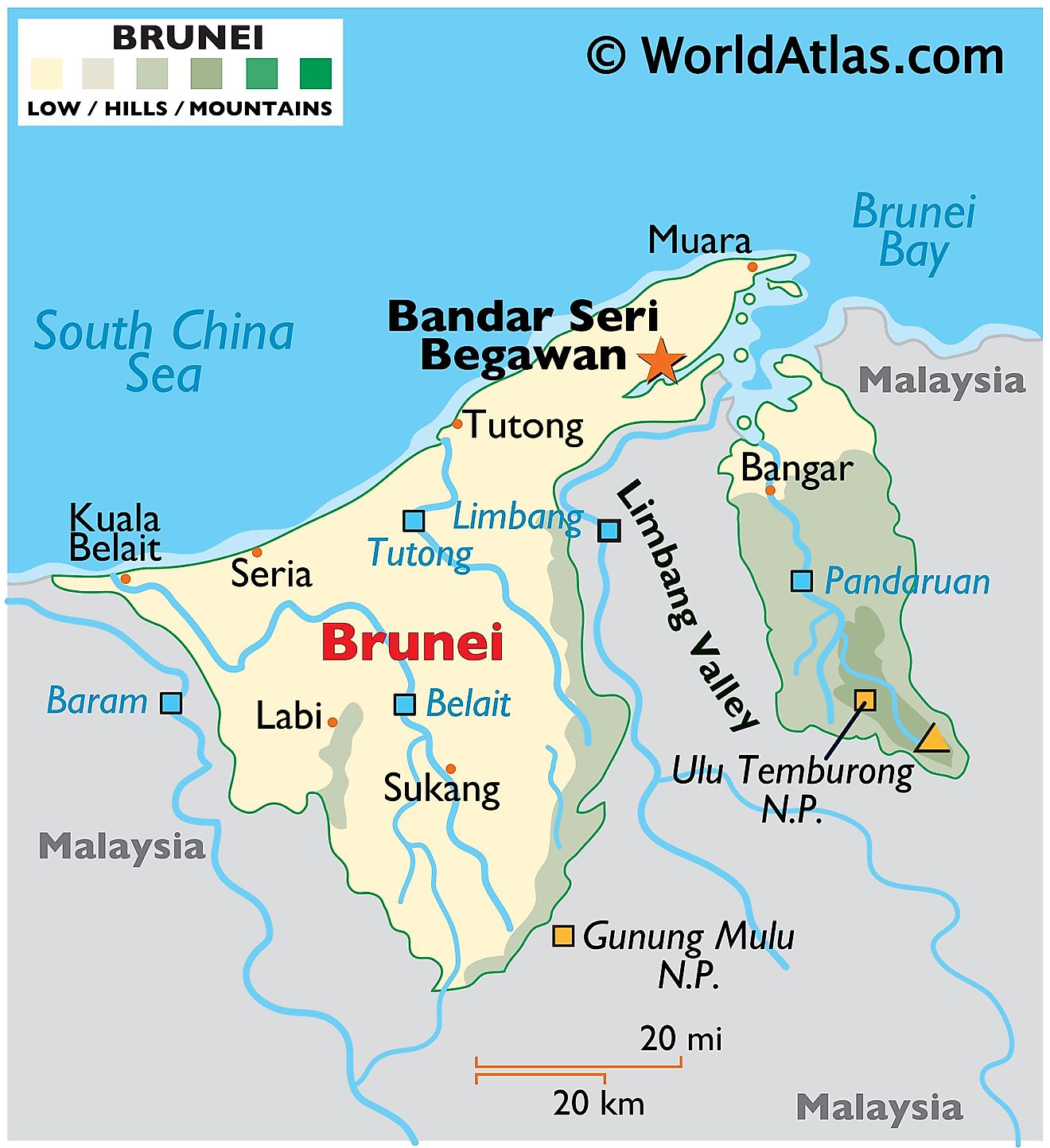
Brunei Darussalam, a sovereign nation nestled on the northern coast of Borneo, often appears as a small, yet significant dot on the world map. Its strategic location, rich history, and unique cultural tapestry make it a fascinating destination for travelers, investors, and scholars alike. This article delves into the geographical context of Brunei Darussalam, exploring its location, physical features, and the geopolitical factors that influence its position on the global stage.
A Nation Divided: Understanding Brunei’s Geography
Brunei’s geographical makeup is characterized by its division into two distinct parts:
- The Mainland: This portion constitutes the majority of Brunei’s territory, stretching along the northern coast of Borneo. The coastline is dotted with numerous estuaries, mangroves, and coastal plains, offering a unique blend of natural beauty and economic potential.
- The Temburong District: Separated from the mainland by the Malaysian state of Sarawak, this district is a testament to Brunei’s fragmented geography. It is a largely mountainous region, with lush rainforests and pristine rivers, providing a haven for biodiversity and a popular destination for eco-tourism.
Location, Location, Location: Brunei’s Strategic Significance
Brunei’s location on the northern coast of Borneo places it at a strategic crossroads in Southeast Asia. It borders Malaysia to the south and east, sharing maritime boundaries with the Philippines and Vietnam to the north. This proximity to key regional players has historically shaped Brunei’s foreign policy and economic ties.
Navigating the Map: Key Geographical Features
- The Brunei River: This major waterway serves as the lifeblood of the country, flowing through the heart of the capital Bandar Seri Begawan and connecting the mainland to the Temburong District.
- The Crocker Range: Extending into Brunei from Sarawak, this mountain range forms a natural boundary, influencing the country’s climate and providing a habitat for diverse flora and fauna.
- The South China Sea: This important waterway is crucial for Brunei’s maritime trade and security. The nation’s exclusive economic zone (EEZ) in the South China Sea is a source of potential oil and gas reserves, further emphasizing the strategic importance of this region.
Beyond the Map: Cultural and Economic Landscape
Brunei’s geographical location has fostered a rich cultural heritage, blending Malay traditions with influences from neighboring countries. The country’s economy is largely dependent on oil and natural gas reserves, making it one of the wealthiest nations in Southeast Asia. However, Brunei is actively diversifying its economy, investing in tourism, education, and sustainable development.
FAQs: Addressing Common Questions about Brunei Darussalam on the Map
Q: What is the capital of Brunei Darussalam?
A: The capital city is Bandar Seri Begawan, located on the northern coast of the country.
Q: Is Brunei Darussalam an island or a peninsula?
A: Brunei Darussalam is located on the island of Borneo, but it is not an island itself. It is a sovereign nation with a fragmented territory, comprising mainland areas and the Temburong District.
Q: What are the major industries in Brunei Darussalam?
A: Brunei’s economy is heavily reliant on oil and natural gas extraction, which contribute significantly to its GDP. Other industries include tourism, fishing, and agriculture.
Q: What is the official language of Brunei Darussalam?
A: The official language of Brunei Darussalam is Malay, although English is widely spoken, particularly in business and education.
Tips for Navigating the Map and Understanding Brunei Darussalam:
- Visualize the Location: Using online maps or atlases, visualize Brunei’s position on the map of Southeast Asia. This will help you understand its proximity to neighboring countries and its strategic significance.
- Explore the Physical Features: Identify key geographical features like the Brunei River, the Crocker Range, and the South China Sea. Understanding these features provides context for the country’s climate, biodiversity, and economic activities.
- Research Cultural and Economic Influences: Delve into the history, culture, and economy of Brunei Darussalam. This will offer insights into the country’s unique identity and its place in the global community.
- Engage with Resources: Utilize online resources like government websites, news outlets, and travel blogs to gain a deeper understanding of Brunei Darussalam.
Conclusion: A Nation of Diverse Charms
Brunei Darussalam, though small in size, possesses a unique blend of cultural richness, economic potential, and strategic importance. Its location on the map of Southeast Asia is a testament to its historical and contemporary significance. By understanding the geographical context, cultural heritage, and economic landscape of Brunei Darussalam, we gain a deeper appreciation for this remarkable nation and its role in the global community.
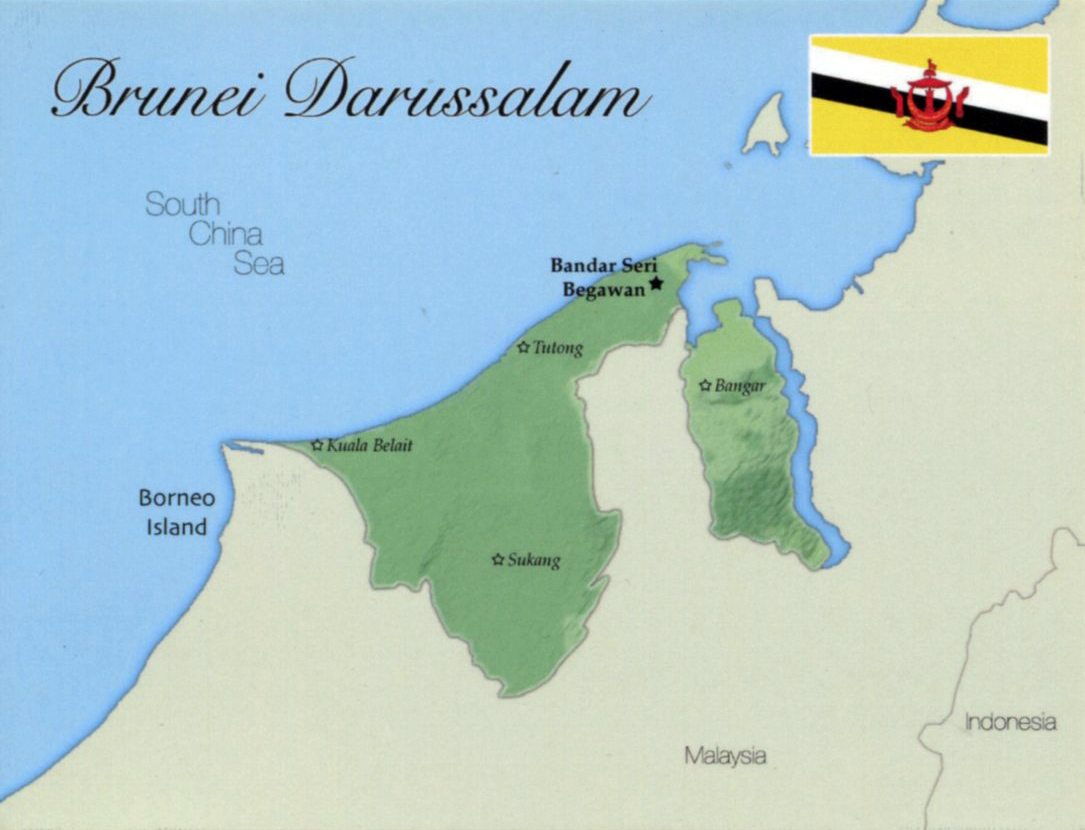

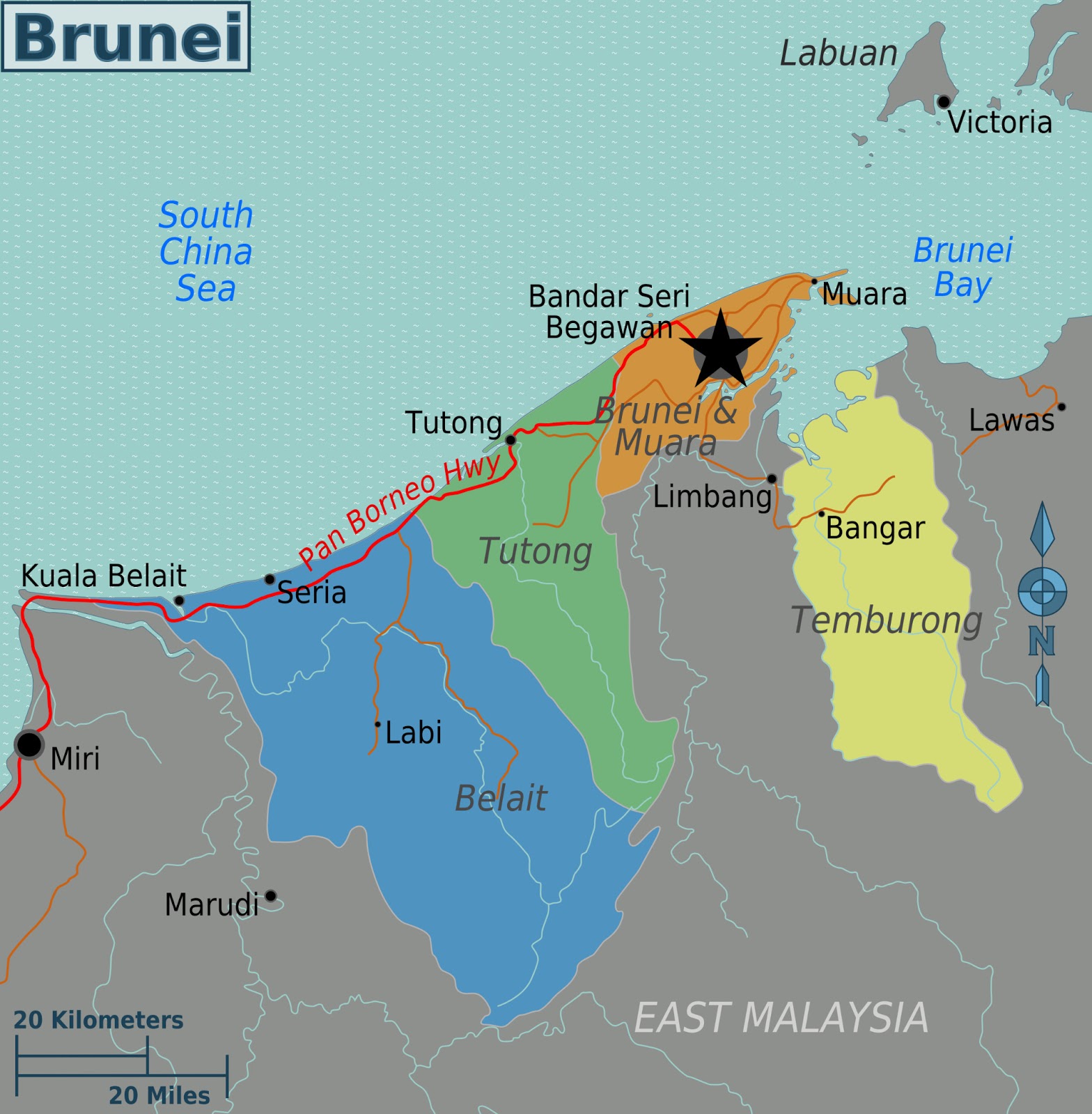.png)
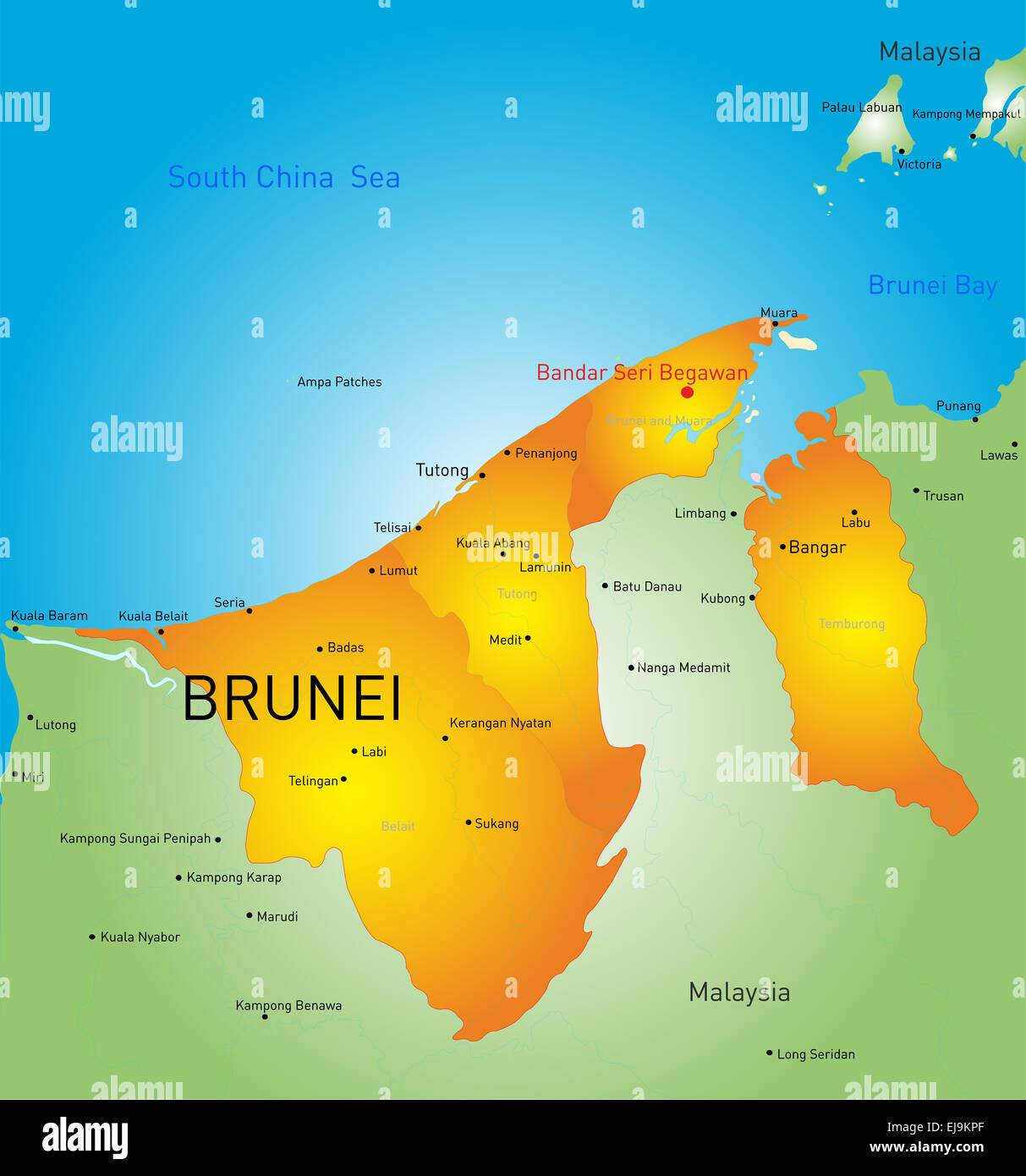


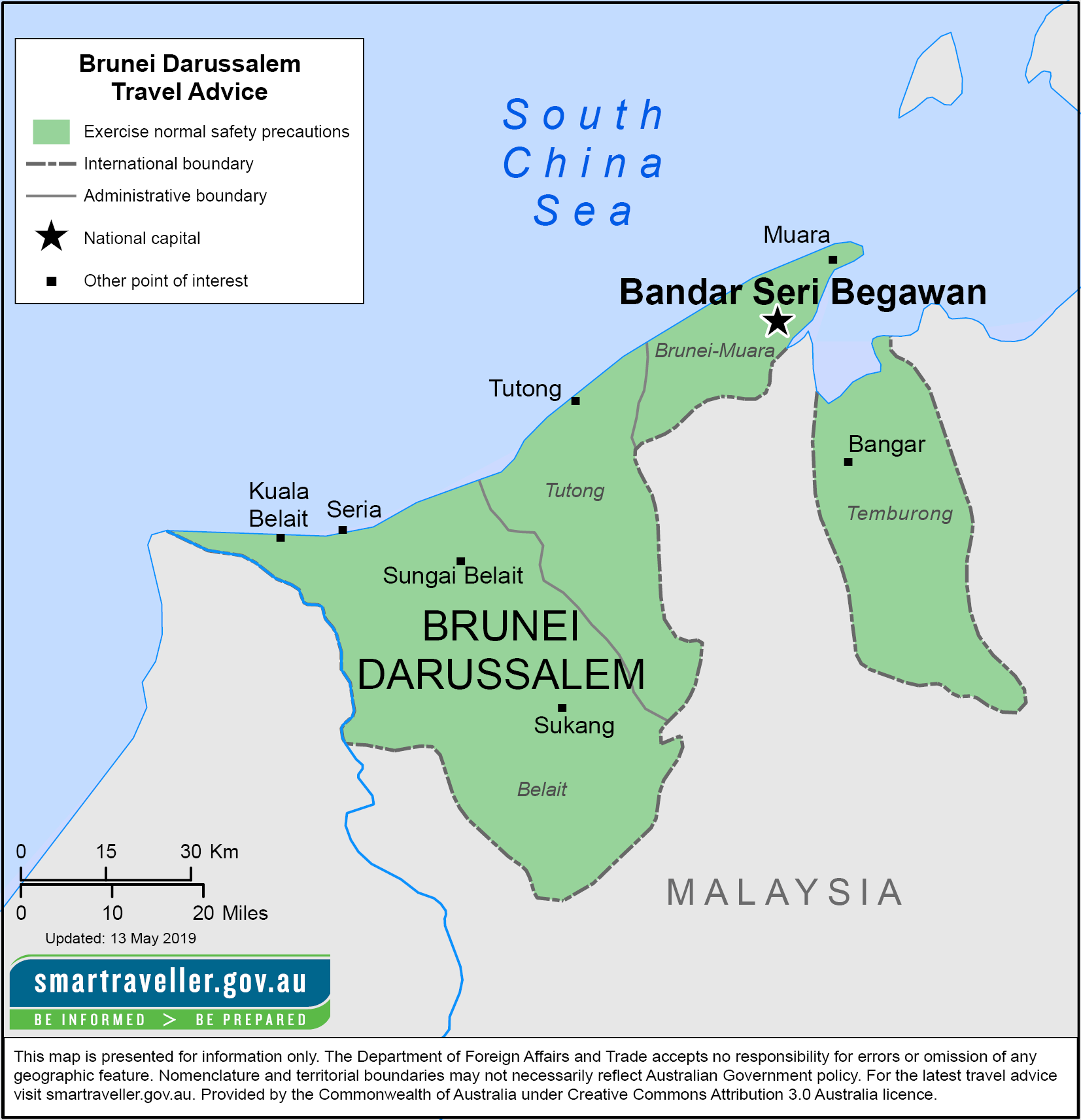

Closure
Thus, we hope this article has provided valuable insights into Unveiling the Jewel of Borneo: A Comprehensive Look at Brunei Darussalam on the Map. We hope you find this article informative and beneficial. See you in our next article!